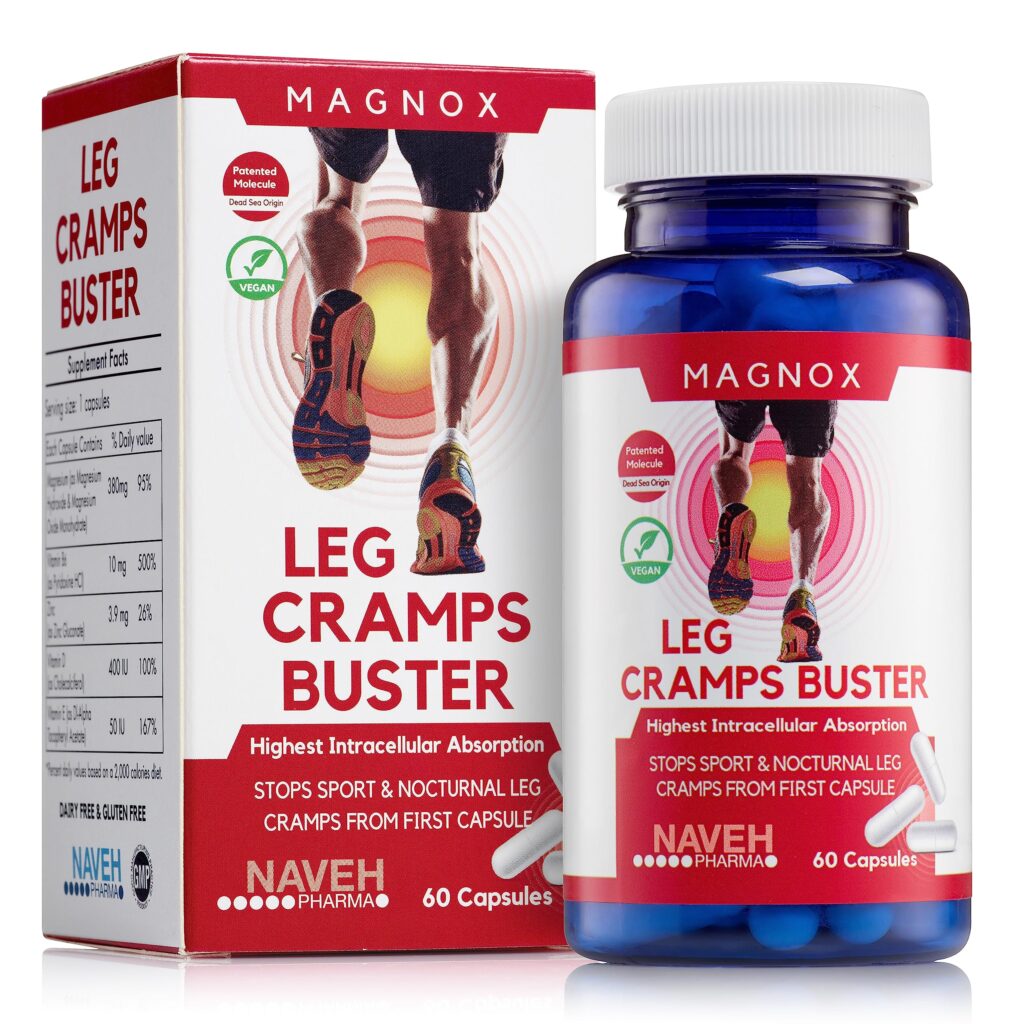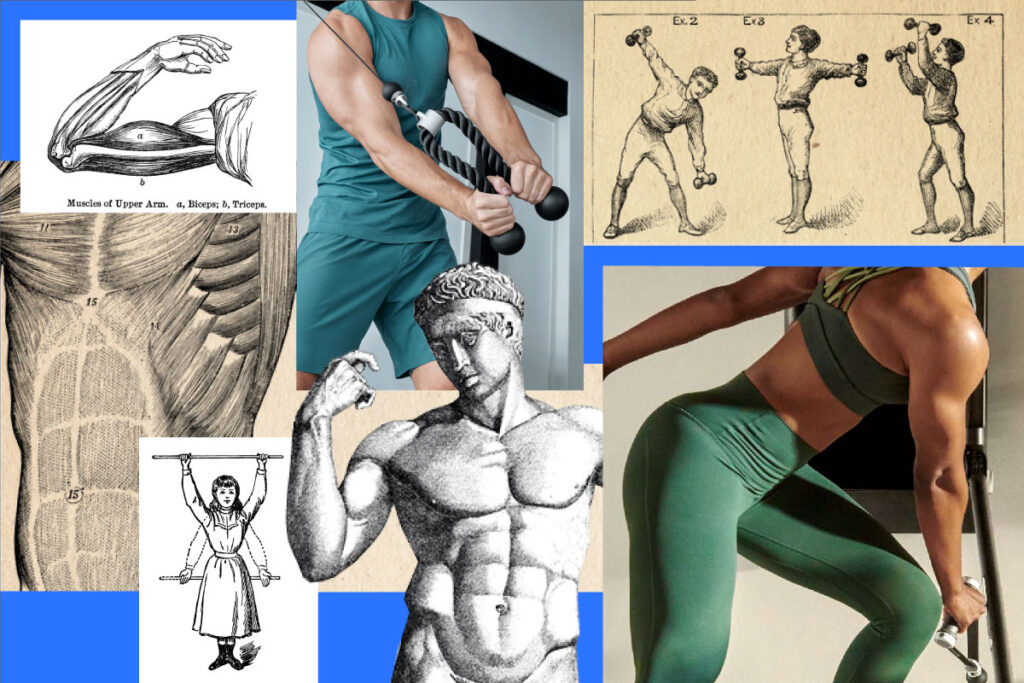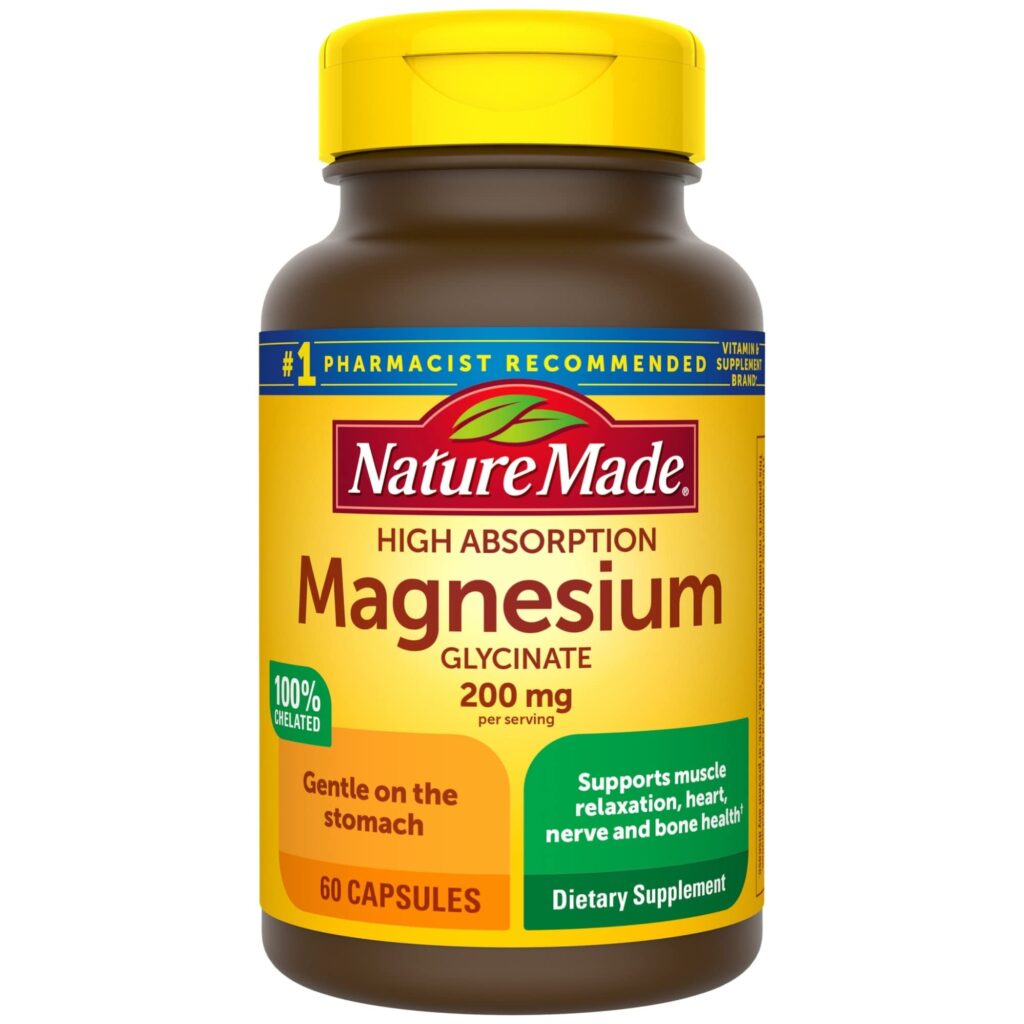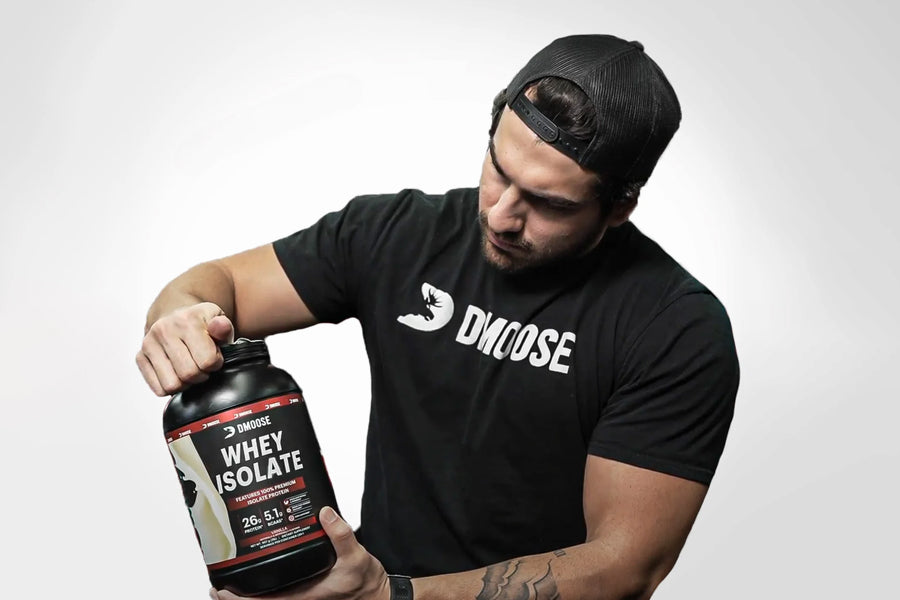Magnesium, calcium, and potassium supplements can help alleviate muscle spasms. These nutrients support muscle function and prevent cramps.
Muscle spasms are involuntary contractions that can cause discomfort and pain. These spasms often occur due to nutrient deficiencies, dehydration, or overuse of muscles. Magnesium plays a crucial role in muscle relaxation and helps prevent cramps. Calcium is essential for proper muscle contraction and nerve signaling.
Potassium balances fluids in the body and supports muscle function. Ensuring adequate intake of these nutrients can help reduce the frequency and severity of muscle spasms. Always consult a healthcare professional before starting any supplement regimen to address muscle spasms effectively.
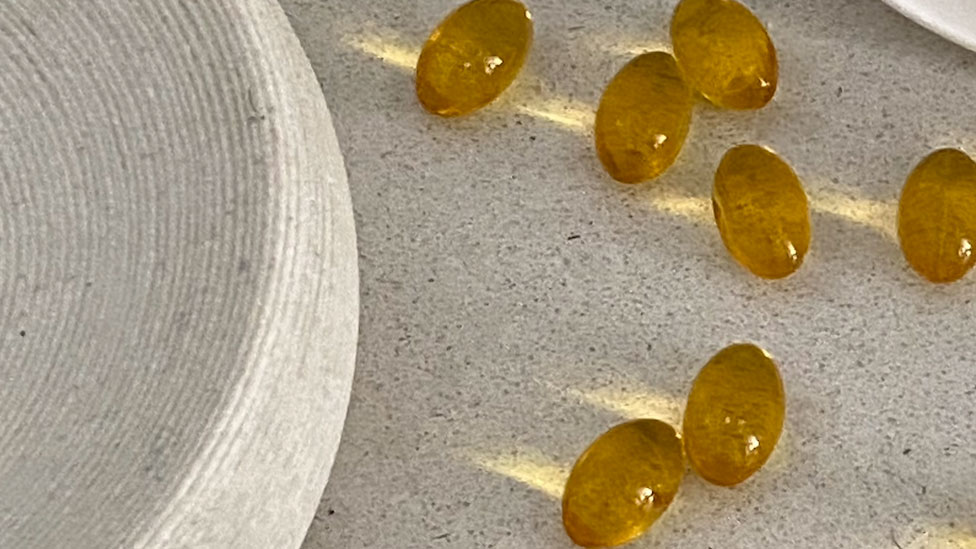
Credit: drwillcole.com
Muscle Spasms And Your Health
Muscle spasms can affect anyone. They are sudden, involuntary contractions of muscles. These spasms can be painful and disrupt daily life. Understanding the causes and impacts of muscle spasms can help manage them better.
Common Causes Of Muscle Spasms
Muscle spasms can have many triggers. Here are some of the most common:
- Dehydration: Not drinking enough water can cause muscle spasms.
- Electrolyte Imbalance: Low levels of potassium, calcium, or magnesium can lead to spasms.
- Overuse: Exercising too much can strain muscles.
- Injury: Muscle damage can result in spasms.
- Poor Blood Flow: Restricted blood flow can cause muscles to spasm.
Impact On Daily Activities
Muscle spasms can make simple tasks hard. This can include:
- Walking
- Writing
- Lifting objects
- Sleeping
Spasms can interrupt sleep, making you tired. They can also cause pain that limits movement. This affects work and play.
Supplements To Consider
Some supplements can help with muscle spasms. Here are a few:
| Supplement | Benefit |
|---|---|
| Magnesium | Helps muscles relax. |
| Potassium | Balances electrolytes. |
| Calcium | Supports muscle function. |
Remember to consult a doctor before taking new supplements.
Navigating Supplement Options
Finding the right supplement for muscle spasms can be overwhelming. There are numerous options available, making it hard to choose. This section will guide you through the different types of supplements. This will help you make an informed decision.
Natural Vs. Synthetic Supplements
Natural supplements come from plants, herbs, or other natural sources. These often include ingredients like magnesium, valerian root, and chamomile. People often prefer natural supplements due to fewer side effects.
Synthetic supplements are made in labs and have precise dosages. They include ingredients like synthetic magnesium or calcium. These can be more effective but may have more side effects.
Quality And Safety Considerations
Quality is crucial in choosing a supplement. Always look for third-party testing. This ensures the product is free from contaminants and contains what the label states.
Safety is another important factor. Check for FDA approval or GMP certification. These labels show the supplement meets high safety standards.
| Factor | Natural Supplements | Synthetic Supplements |
|---|---|---|
| Source | Plants, herbs, natural sources | Lab-made |
| Side Effects | Fewer | More |
| Effectiveness | Varies | Consistent |
By understanding these factors, you can choose the best supplement for your muscle spasms. Always consult with a healthcare provider before starting any new supplement.
Magnesium: A Key Mineral For Muscles
Magnesium is essential for muscle health. It helps prevent muscle spasms. This mineral plays a vital role in muscle function and recovery.
Role Of Magnesium In Muscle Function
Magnesium helps muscles contract and relax. It aids in the production of energy. This mineral balances electrolytes in the body. Low magnesium can lead to muscle cramps. It also supports nerve function, which affects muscle control.
Best Forms Of Magnesium Supplements
There are various forms of magnesium supplements. Here are some of the best options:
- Magnesium Citrate: Easily absorbed and helps with muscle spasms.
- Magnesium Glycinate: Gentle on the stomach and promotes muscle relaxation.
- Magnesium Malate: Great for energy production and muscle function.
- Magnesium Chloride: Rapidly absorbed, beneficial for muscle recovery.
- Magnesium Sulfate: Often used in baths to relieve muscle pain.
| Form | Benefits |
|---|---|
| Magnesium Citrate | Easily absorbed, helps with spasms |
| Magnesium Glycinate | Gentle on stomach, promotes relaxation |
| Magnesium Malate | Great for energy and muscle function |
| Magnesium Chloride | Rapidly absorbed, aids recovery |
| Magnesium Sulfate | Used in baths, relieves pain |

Credit: m.youtube.com
Potassium’s Role In Muscle Health
Muscle spasms can be painful and disruptive. One key nutrient that helps prevent muscle spasms is potassium. Potassium is crucial for muscle health. It helps muscles function properly and reduces the risk of spasms.
Understanding Potassium Deficiency
Potassium deficiency can lead to muscle spasms. Symptoms of low potassium levels include:
- Muscle cramps
- Weakness
- Fatigue
Low potassium levels can result from poor diet, dehydration, or excessive sweating. It’s important to maintain adequate potassium levels for muscle health.
Potassium-rich Supplements
Supplements can help maintain healthy potassium levels. Here are some common potassium-rich supplements:
| Supplement | Potassium Content |
|---|---|
| Potassium Gluconate | 99 mg per tablet |
| Potassium Chloride | 500 mg per tablet |
| Potassium Citrate | 99 mg per tablet |
These supplements can help prevent muscle spasms. Always consult a healthcare provider before starting any supplement regimen.
Ensuring adequate potassium intake supports muscle health and reduces spasms. Consider incorporating potassium-rich supplements into your diet.
Hydration And Electrolyte Balance
Muscle spasms can be painful and disruptive. Proper hydration and maintaining electrolyte balance can help relieve muscle spasms. This section discusses how electrolytes and hydration supplements can be beneficial.
Electrolytes For Muscle Spasm Relief
Electrolytes are minerals that help with muscle function. They include sodium, potassium, calcium, and magnesium. An imbalance can lead to muscle spasms.
- Sodium: Helps maintain fluid balance.
- Potassium: Essential for muscle contractions.
- Calcium: Important for muscle function and contractions.
- Magnesium: Helps relax muscles.
Consuming foods rich in these minerals or taking supplements can help. Foods like bananas, spinach, and yogurt are good sources.
Hydration Supplements
Hydration is key for muscle health. Dehydration can cause muscle spasms. Drinking water is crucial, but sometimes, you need more.
Hydration supplements can be very effective. These often contain electrolytes, ensuring you stay hydrated and balanced. Popular options include electrolyte powders and tablets.
| Supplement | Benefits |
|---|---|
| Electrolyte Powders | Easy to mix with water, provides quick hydration. |
| Electrolyte Tablets | Convenient and portable, ideal for on-the-go hydration. |
Consider these supplements if you experience frequent muscle spasms. Staying hydrated and balanced can make a big difference.
Herbal Remedies For Muscle Relief
Muscle spasms can be painful and disruptive. Many people seek natural solutions. Herbal remedies offer a great alternative. These herbs can help relax muscles and reduce pain. Below, we’ll explore popular herbs and their effectiveness.
Popular Herbs For Muscle Spasms
Several herbs are known for their muscle-relaxing properties. Let’s look at some popular options:
- Valerian Root: Known for its calming effects. Helps relax muscles.
- Chamomile: Contains anti-inflammatory properties. Reduces muscle tension.
- Passionflower: Eases muscle spasms and pain. Promotes relaxation.
- Lavender: Known for its soothing scent. Helps reduce muscle pain.
- Peppermint: Contains menthol. Provides a cooling effect and relieves pain.
Research On Herbal Efficacy
Research backs the use of these herbs. Studies show their effectiveness in reducing muscle spasms:
| Herb | Research Findings |
|---|---|
| Valerian Root | Studies show it reduces muscle pain and improves sleep. |
| Chamomile | Research highlights its anti-inflammatory effects. Helps reduce muscle spasms. |
| Passionflower | Studies indicate it eases muscle pain and promotes relaxation. |
| Lavender | Evidence supports its use for reducing pain and inflammation. |
| Peppermint | Research shows it provides a cooling effect. Eases muscle pain. |
Using these herbs can be a natural way to relieve muscle spasms. Always consult with a healthcare provider before starting any new treatment.
Vitamin D And Muscle Function
Vitamin D plays a crucial role in muscle function. It helps muscles contract and relax properly. A lack of vitamin D can lead to muscle spasms. Ensuring adequate levels of this vitamin can prevent these issues.
Vitamin D Deficiency And Spasms
Vitamin D deficiency often leads to muscle spasms. Without enough vitamin D, muscles can’t function well. This deficiency may cause frequent cramps and discomfort. People with low vitamin D might also feel muscle weakness. Ensuring proper vitamin D levels is key to muscle health.
Choosing A Vitamin D Supplement
Choosing a vitamin D supplement can be simple. Look for supplements with Vitamin D3, as it is more effective. Check the dosage to match your needs. Consult a doctor before starting any new supplement. Taking the right amount helps maintain muscle health.
Advanced Supplements And Formulas
Muscle spasms can disrupt daily life. Advanced supplements and formulas help manage these issues. These supplements offer specialized ingredients that target muscle relaxation. They are backed by scientific research and innovative technology.
Specialized Muscle Relaxation Formulas
Specialized muscle relaxation formulas combine multiple nutrients. They aim to reduce muscle tension and spasms. These formulas often include:
- Magnesium: Essential for muscle function and relaxation.
- Calcium: Helps in muscle contraction and relaxation.
- Potassium: Regulates muscle contractions and prevents cramps.
- Vitamin D: Supports muscle health and function.
Some formulas also include herbs like valerian root and passionflower. These herbs have natural calming effects on the muscles.
Innovations In Supplement Science
Recent advancements in supplement science have led to more effective products. These innovations include:
- Enhanced bioavailability: Ensures that nutrients are absorbed better by the body.
- Time-release formulas: Provide a steady supply of nutrients throughout the day.
- Nanotechnology: Allows for smaller, more effective nutrient particles.
These advancements make supplements more efficient in managing muscle spasms. They provide faster relief and longer-lasting effects.
| Ingredient | Function |
|---|---|
| Magnesium | Relaxes muscles and prevents spasms. |
| Calcium | Supports muscle contraction and relaxation. |
| Potassium | Regulates muscle function and prevents cramps. |
| Vitamin D | Essential for muscle health and function. |
Lifestyle Factors And Preventative Care
Understanding the role of lifestyle factors can help manage muscle spasms. Preventative care involves simple changes to daily habits. These changes may reduce the frequency and intensity of muscle spasms.
Diet And Exercise
Your diet plays a crucial role in muscle health. Consuming foods rich in magnesium, calcium, and potassium can prevent muscle spasms.
- Bananas
- Spinach
- Nuts
- Dairy products
- Fish
Regular exercise helps in keeping muscles flexible and strong. Stretching exercises are particularly beneficial. Aim to stretch daily to maintain muscle flexibility.
Here is a simple stretching routine:
- Stretch your arms above your head for 10 seconds.
- Touch your toes while keeping your knees straight.
- Do leg stretches by pulling one leg towards your chest.
Stress Management
Stress can contribute to muscle spasms. Managing stress effectively can reduce muscle tension. Relaxation techniques such as deep breathing and meditation can be very helpful.
Here is a simple deep breathing exercise:
- Sit comfortably and close your eyes.
- Inhale slowly through your nose for 4 seconds.
- Hold your breath for 4 seconds.
- Exhale slowly through your mouth for 6 seconds.
- Repeat this process 5 times.
Additionally, engaging in hobbies and activities you enjoy can alleviate stress. Taking short breaks during work can also help in reducing stress levels.
Implementing these lifestyle changes can significantly improve muscle health and reduce spasms. Focus on a balanced diet, regular exercise, and effective stress management techniques.
Professional Guidance And Usage
Taking supplements for muscle spasms requires careful consideration. Professional guidance ensures you make informed decisions. This section will explore consulting healthcare providers and safe supplement practices.
Consulting Healthcare Providers
Always consult a healthcare provider before starting new supplements. A healthcare provider can assess your medical history. They can identify potential interactions with other medications.
Consider discussing the following with your healthcare provider:
- Your current medications and supplements
- Any known allergies
- Your overall health status
Your healthcare provider might suggest specific supplements based on your needs. They can also monitor your progress and adjust dosages if needed.
Safe Supplement Practices
Follow safe practices when taking supplements for muscle spasms. This ensures you get the best results without side effects.
Here are some safe supplement practices to follow:
- Read Labels: Check the ingredients and dosage instructions.
- Start Slowly: Begin with a low dose to see how your body reacts.
- Monitor Symptoms: Keep track of any changes or side effects.
- Store Properly: Store supplements in a cool, dry place.
Consider using a table to track your supplement intake:
| Supplement | Dosage | Time of Day | Notes |
|---|---|---|---|
| Magnesium | 250 mg | Morning | Helps with muscle relaxation |
| Vitamin D | 1000 IU | Afternoon | Supports muscle function |
Following these practices can help you manage muscle spasms effectively.

Credit: www.amazon.com
Frequently Asked Questions
What Is The Best Vitamin For Muscle Spasms?
The best vitamin for muscle spasms is magnesium. It helps relax muscles and prevents cramps. Magnesium-rich foods include spinach, almonds, and bananas.
What Are You Lacking When You Have Muscle Spasms?
Muscle spasms often indicate a deficiency in electrolytes such as magnesium, calcium, or potassium. Dehydration can also be a cause.
What Is The Strongest Natural Muscle Relaxer?
Valerian root is considered one of the strongest natural muscle relaxers. It can help reduce muscle tension and spasms effectively.
How I Cured My Muscle Spasms?
I cured my muscle spasms by staying hydrated, stretching regularly, and taking magnesium supplements. I also practiced yoga and ensured proper rest.
What Supplements Help With Muscle Spasms?
Magnesium, calcium, and potassium supplements can help reduce muscle spasms by maintaining electrolyte balance.
Can Magnesium Supplements Stop Muscle Spasms?
Yes, magnesium supplements can help relax muscles and prevent spasms by supporting proper muscle function.
Are There Natural Supplements For Muscle Spasms?
Yes, natural supplements like chamomile, valerian root, and turmeric may help alleviate muscle spasms.
How Does Potassium Help Muscle Spasms?
Potassium helps maintain proper muscle function and balance electrolytes, which can prevent muscle cramps and spasms.
Do Calcium Supplements Prevent Muscle Spasms?
Calcium supports muscle contractions and nerve function, helping to prevent muscle spasms and cramps.
Can Vitamin D Reduce Muscle Spasms?
Vitamin D aids calcium absorption, which can improve muscle function and reduce the likelihood of spasms.
Conclusion
Finding the right supplements can help manage muscle spasms effectively. Always consult a healthcare professional before starting any supplement regimen. Proper nutrition and hydration are key to muscle health. Stay informed and choose high-quality products for the best results. Managing muscle spasms naturally improves overall well-being.

